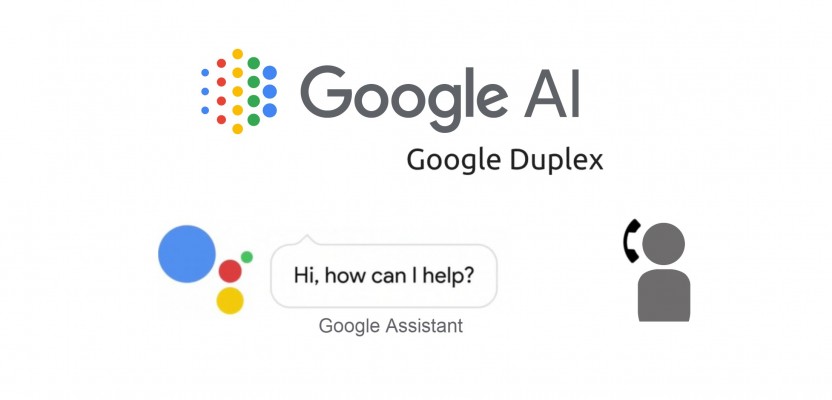A view from David Coombs...
Voice just got personal, thanks in part to the arrival of Google’s new robotic assistant Google Duplex which sounds eerily similar to a human voice, replete with natural speech pattern and hesitations and interjections like ‘er’ and ‘mmm-hmm’. It can make phone calls for you, schedule appointments, or make reservations in restaurants. It will soon be almost impossible to tell if the voice on the other end of the phone is human or a robot - a prospect that is equal parts terrifying and awe-inspiring.
By 2020, 50% of all searches will be completed with voice, according to Comscore, so it’s high time brands found their vocal chords. We are seeing the evolution of digital assistant into a digital companion which is smarter and more intuitive of users’ needs and desires. Your brand voice needs to accurately reflects your brand values and resonate with your audience. And, while Google Duplex may pass for human one day it has limitations, and the robotic stylings of Alexa and Google Assistant can’t be relied upon to make the best impression on specific audiences for brands.
Research unveiled by Wavemaker at Cannes Lions showed how different human voices impact our consciousness and sub conscious, triggering deep-seated memories and feelings. It also highlighted some of the struggles Alexa has in making deep emotional connections with people. Qualities like trustworthiness and compassion don’t translate too well with Alexa, and emotive topics or issues that require a degree of personal risk understandably require more human-sounding interactions. A case in point being Public Health England’s recent campaign to encourage more women to breastfeed their babies, which offered support and expert guidance for mums from Alexa round the clock and, importantly, during the 3am feed when no one else is on hand to help. Wavemaker discovered that replacing Alexa’s voice with the voice of a midwife elicited a much better and more emotionally engaged response from listeners.
Understanding who your brand is talking to, how best to interact with that audience and offering something of tangible value to them is crucial to building a relationship through voice. Brands need to start prioritising voice and give it the same attention, care and analysis as any other part of their marketing, from packaging to advertising. Because, ready or not, voice is on its way to becoming the most powerful means of communication at our disposal.
By David Coombs, Head of Strategic Services at Cheil London







Sterling Agency June 25th, 2018, around noon
Been saying this for a while...A brand's tone of voice is soon going to be a literal thing.
Thinking of setting up a voice agency that specialises in brands...